From Mall to Life Science: A Rising Trend
How Stockdale Capital Partners is transforming a San Diego mall into a major life science campus.
Demand for life science and biotechnology office space is on the rise as the sector buckled down to lead the race for a coronavirus vaccine. This paved the way for a new wave of developments, further solidifying the sector’s position as a pandemic-fueled economic engine. San Diego is already home to one of the nation’s top life science clusters, and its downtown is bound to shift due to Stockdale Capital Partners’ upcoming Campus at Horton, dubbed one of the largest adaptive reuse and urban tech campuses in the Western U.S.
Founded in 2010, Stockdale Capital Partners specializes in the redevelopment and repositioning of assets in the Southwest, focusing on revitalizing urban properties of all types. It is also well-known for transforming distressed shopping centers into desirable high-tech, mixed-use office hubs, having previously worked on projects in Scottsdale, Ariz., and Los Angeles.
The company purchased Horton Plaza, a once-vibrant downtown mall, from Westfield in August 2018, with the intention of transforming the post-modern buildings into a life science destination encompassing 770,000 square feet of office space. The project will also include 300,000 square feet of specialty retail—half the space it was initially designed to include, due to the retail sector’s current decline.
The development team places emphasis on sustainability and improved energy performance, aiming for LEED Platinum, WELL Platinum and WiredScore certifications. When completed in early 2022, The Campus at Horton will house close to 4,000 high-quality jobs. Stockdale’s Leo Divinsky, managing director of asset management, elaborates on this large-scale project’s feasibility and green building practices, and the impact it has on California’s niche workforce.
READ ALSO: Life Sciences Real Estate Demand Thrives
The Campus at Horton represents the redevelopment of the post-modern Horton Plaza Mall into a high-tech office hub. What prompted you to convert this shopping center into one of the West Coast’s largest biotech and life sciences campuses?
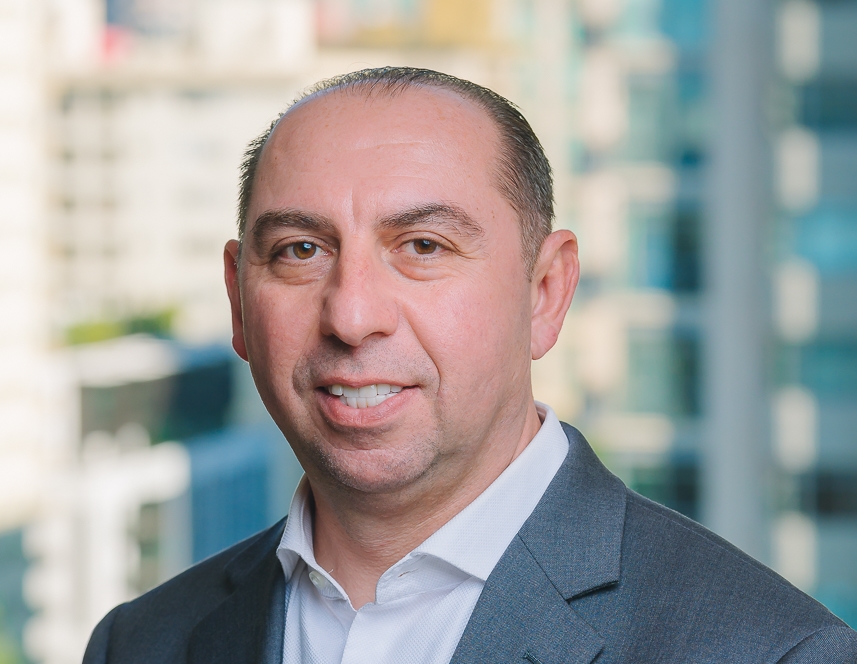
Leo Divinsky, Managing Director of Asset Management, Stockdale Capital Partners. Image courtesy of Stockdale Capital Partners
Divinsky: The opportunity to acquire, reposition and expand Horton Plaza into a 10-acre urban mixed-use campus was appealing for a number of reasons. San Diego is one of the best cities in the country, a top-three life science cluster and a region that continues to produce a substantial number of science, technology, engineering and math graduates into the regional ecosystem amid a rapidly expanding footprint of tech firms.
What is the current status of the project? Has the coronavirus outbreak impacted the project’s timeline?
Divinsky: Our $330 million construction loan was funded in March 2020. Exterior demolition is nearing its final stages and structural upgrades on the former Nordstrom building, where we are adding five stories, is underway. We are fortunate that the pandemic has not impacted our project timeline.
Tell us more about the companies involved in the development and design process of this massive project.
Divinsky: The Stockdale development team worked on project design with architectural teams from Rios Clementi Hale and RDC Design Group. Structural engineering was handled by Miyamoto International. Turner Construction Co. is our general contractor. Our leasing efforts are being led by CBRE for the office space and Flocke & Avoyer on the retail front.
What makes The Campus at Horton stand out? Please elaborate on its sustainability features and design principles.
Divinsky: The project’s proximity to housing, transportation and entertainment, coupled with amenities including a health club, numerous restaurants featuring outdoor dining, experiential retail, more than 1 acre of activated open space highlighted by a chef-driven food hall, and the largest parking structure downtown offer a unique offering to both national and regional firms. The Campus at Horton combines the scalability, wellness and sustainable features that optimize the work-life balance employers are seeking.
We are currently targeting LEED Platinum, WELL Platinum and WiredScore Platinum certifications. A new energy-efficient central plant with heat recovery features, solar panels on most roof surfaces, battery storage and the first private blackwater system in San Diego are among the top sustainability features of the project.
Development seemed to be off to a difficult start, implying a necessary land-use change. What other challenges have you come across so far and how did you manage to tackle them?
Divinsky: Any project of this magnitude involves substantial planning, capital and execution. We received unanimous city council approval for our development in May 2019 and have worked to execute our business plan with abundant support from the downtown community.
 Although the pandemic has impacted existing commercial projects in terms of leasing demand in 2020, our timeline for project delivery in early 2022 allows our team to focus on the project’s build-out during this challenging period as we focus on completing this catalytic project.
Although the pandemic has impacted existing commercial projects in terms of leasing demand in 2020, our timeline for project delivery in early 2022 allows our team to focus on the project’s build-out during this challenging period as we focus on completing this catalytic project.
READ ALSO: Repositioning Commercial Buildings Into Life Science Facilities
The project will encompass 300,000 square feet of specialty retail. Does this component incorporate anything from the original construction’s spatial layout?
Divinsky: All aspects of the project’s retail program have been optimized to accentuate the entertainment, dining and shopping experience of both campus employees and consumers with significant emphasis on outdoor spaces, simplified access and circulation, as well as the addition of tree canopies and lush landscape features. The Lyceum Theater along with a state-of-the-art health club, entertainment options on the project’s upper floors and dining opportunities through the site remain key project components.
In which way does The Campus at Horton act as a revitalizing catalyst for downtown San Diego?
Divinsky: Horton Plaza opened to the public in 1985 and was immediately recognized as a top regional shopping destination in San Diego. We are excited to play a role in the reestablishment of this significant asset in the heart of downtown by creating a technology and life science-focused campus that meets the needs of job creators focused on attracting and retaining one of the top talent bases in the country.
How do you expect the project to impact California’s biotechnology workforce and the region itself?
Divinsky: The top three life science clusters in the country include Boston/Cambridge, the Bay Area and San Diego. As demand continues to outpace supply in San Diego’s traditional biotech submarkets of UTC, Torrey Pines and Sorrento Mesa, we feel market conditions are extremely conducive for an expansion into San Diego’s urban core. The combination of an ideal urban location, project infrastructure and on-site amenities offers companies workplace solutions that are flexible, scalable and designed to enable their workforce to thrive.
Stockdale Capital Partners has a history of repurposing malls into mixed-use structures. Tell us more about other representative projects you are currently working on.
Divinsky: The Galleria Corporate Center in downtown Scottsdale, Ariz., is another example of a major adaptive reuse project. The nearly 550,000-square-foot complex was acquired in 2013 and has been transformed into a top-tier office project for technology firms such as Yelp, Indeed and Zillow. The insights and experiences our team developed in accomplishing the transformation of that project are being readily applied to The Campus at Horton and other projects throughout our portfolio.

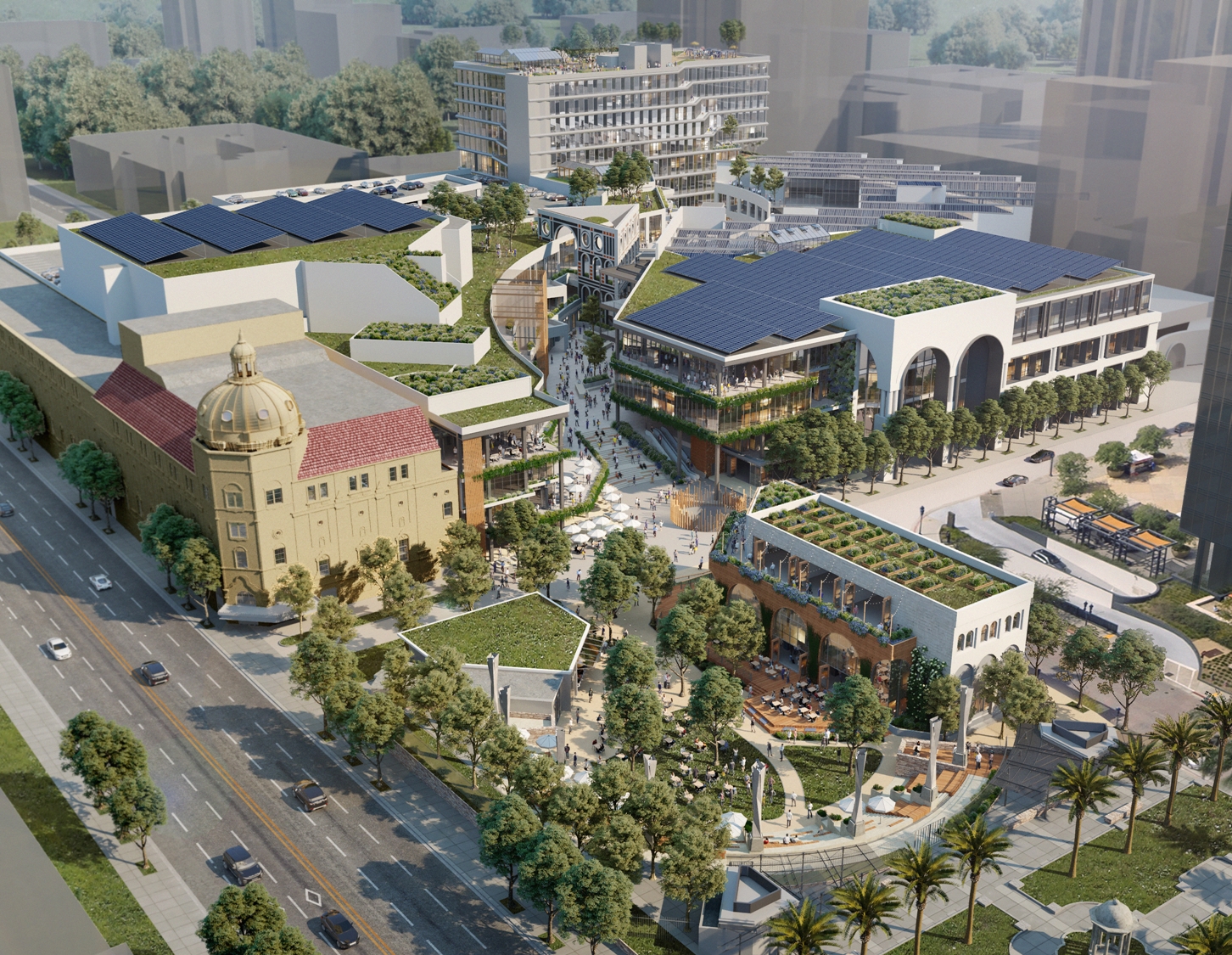
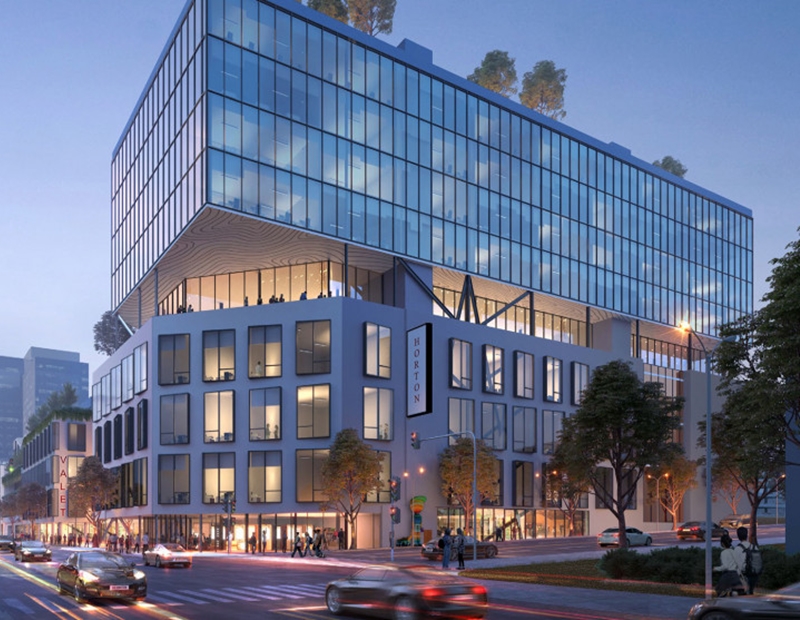
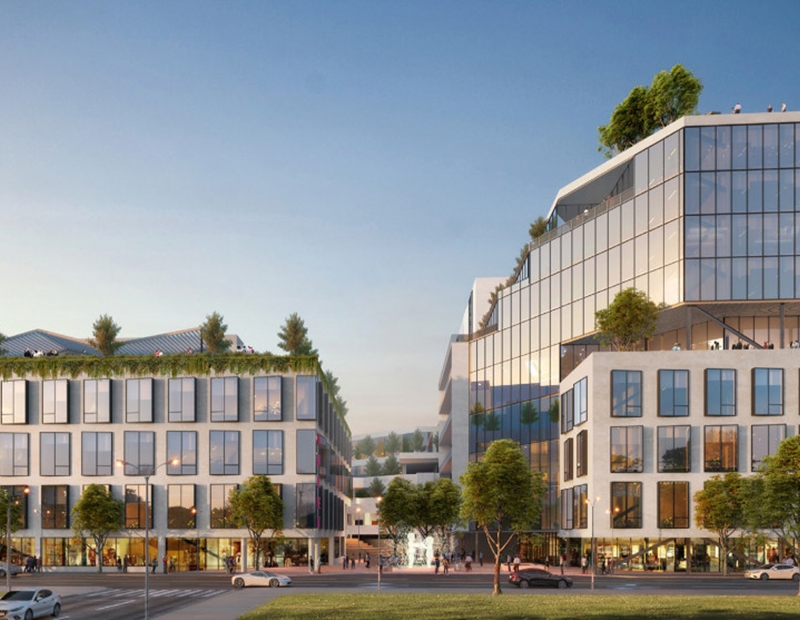
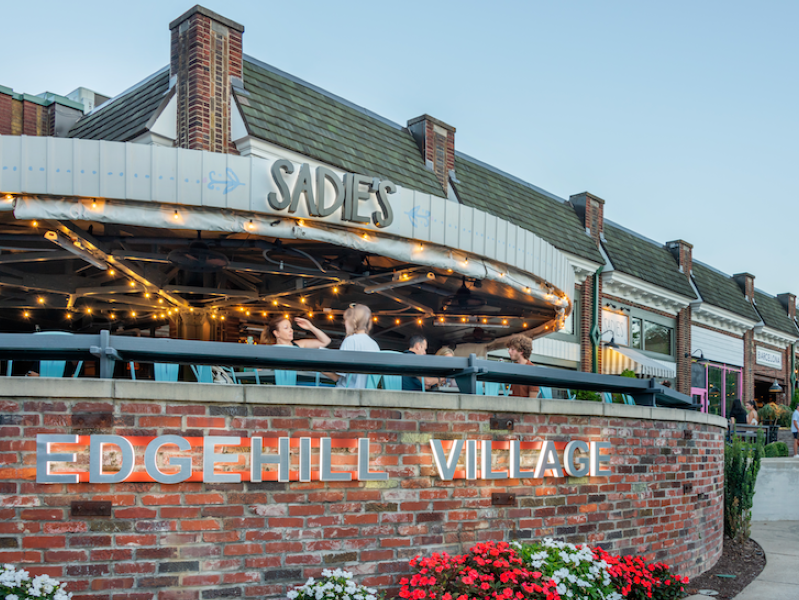
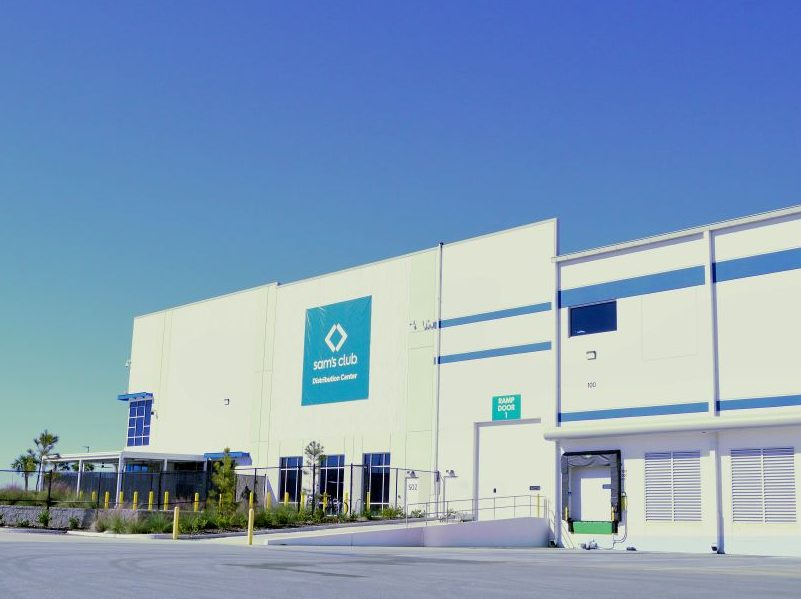
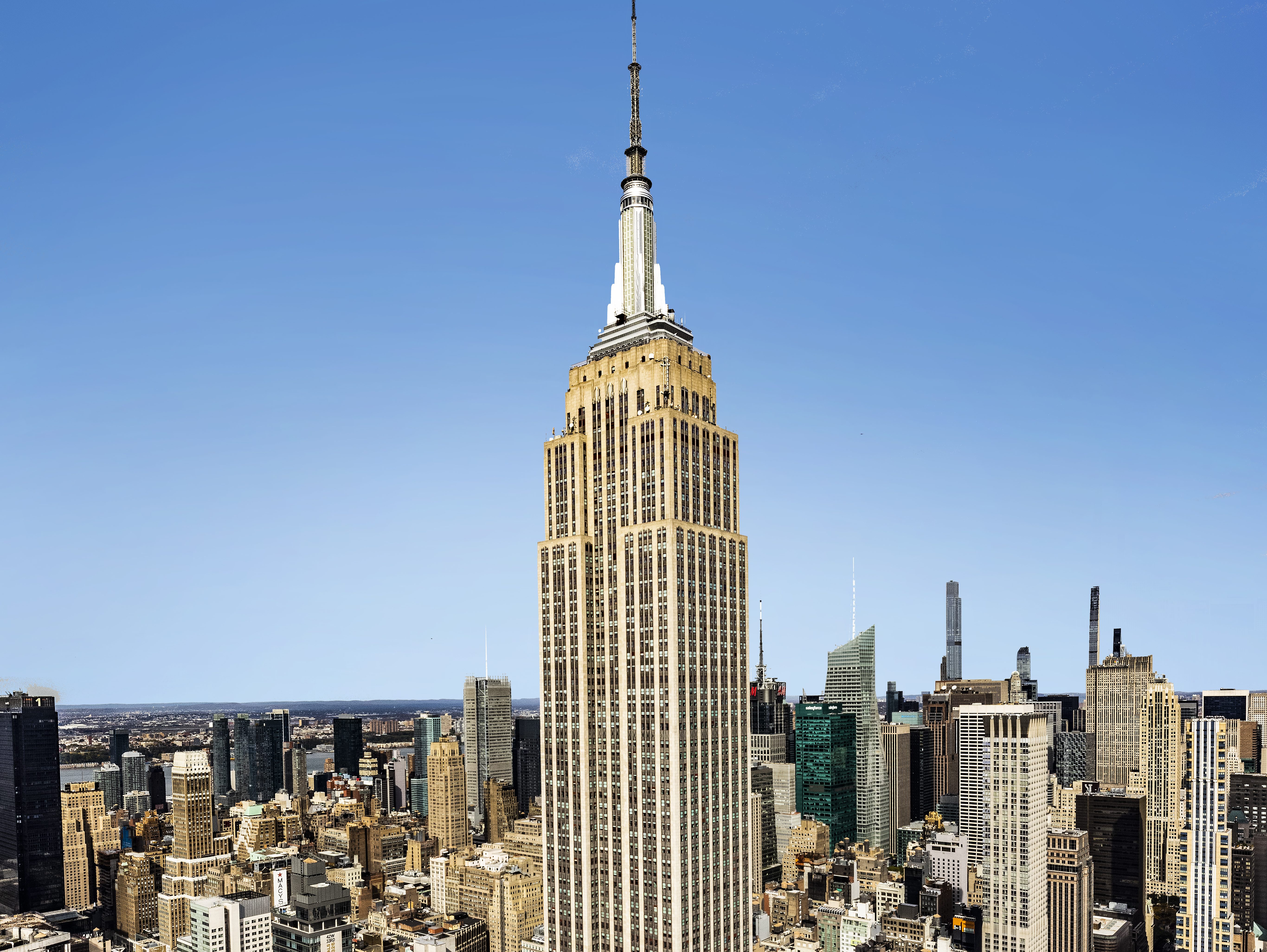

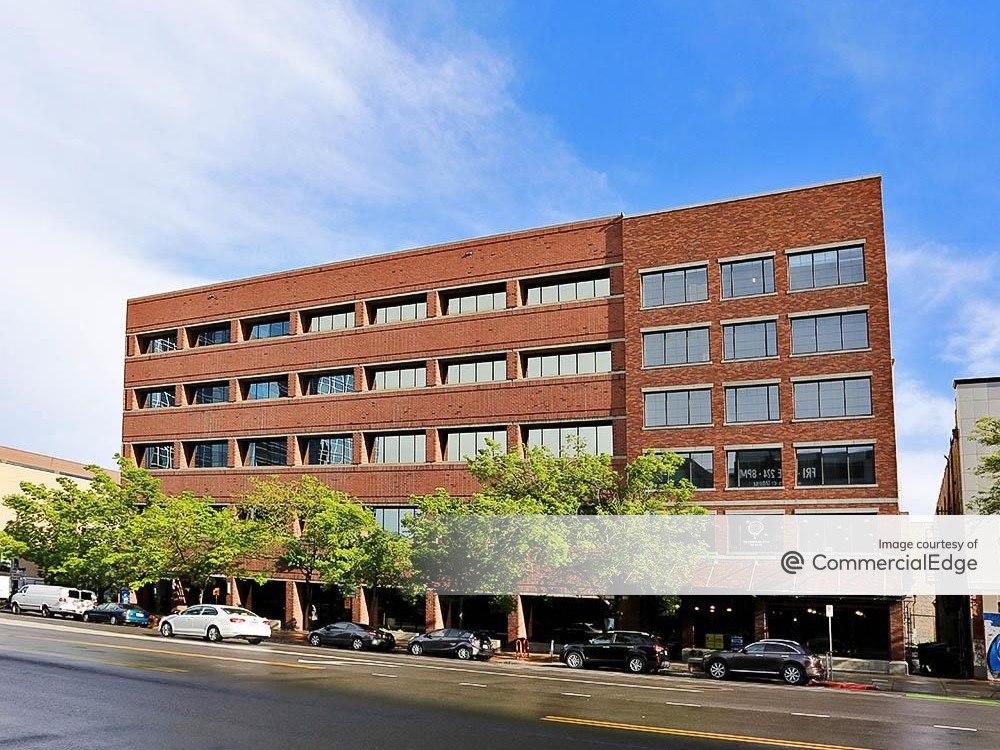
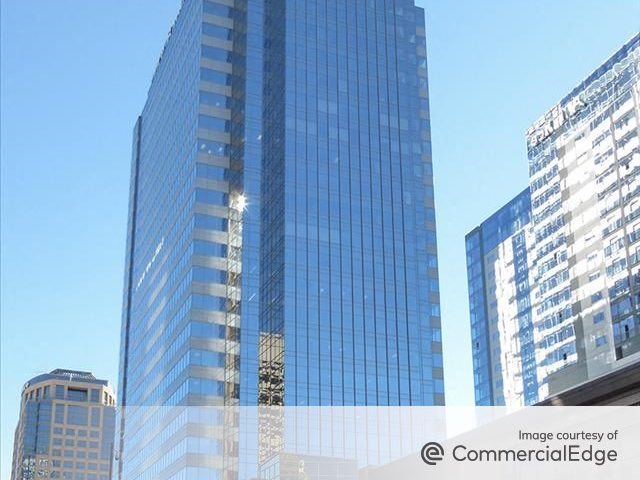
You must be logged in to post a comment.